1 Comment
Clark Burt
9/14/2022 12:56:32 pm
Just read this for the first time. You know how you know when the truth is spoken? You rejoice and I rejoiced when I read this!
Reply
Leave a Reply. |
AuthorTim Merrill Archives
July 2024
|
|
|
© COPYRIGHT 2019 - 2024
|

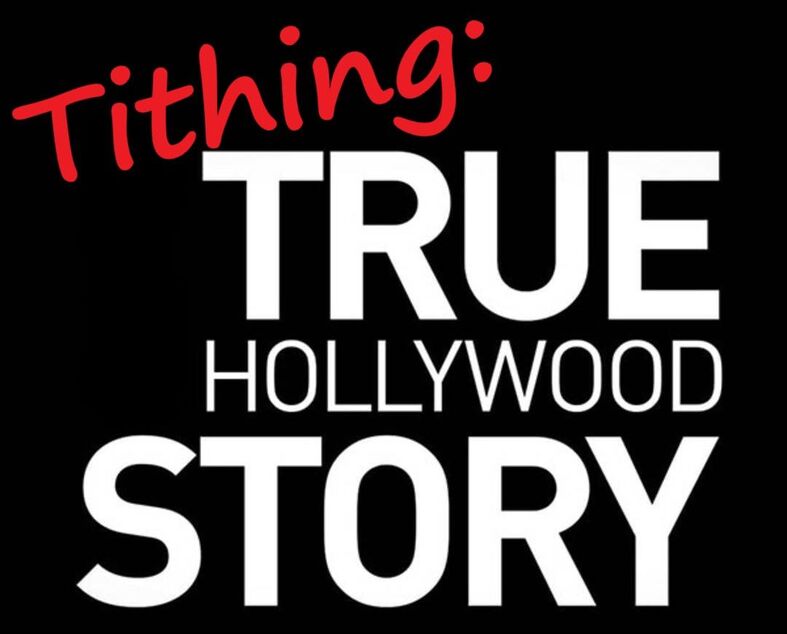
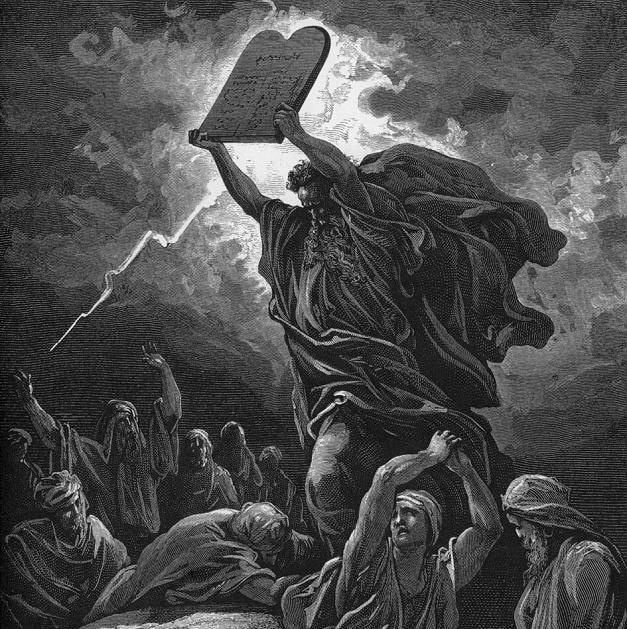
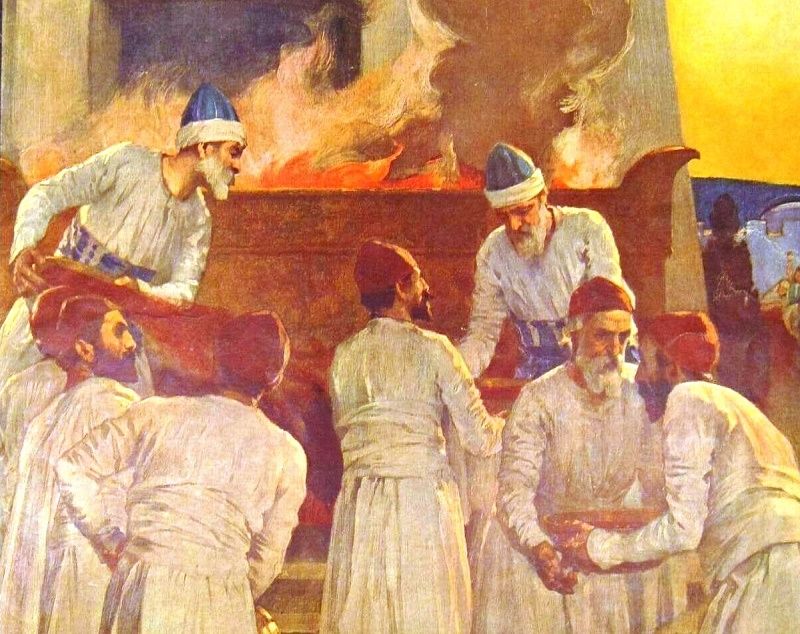
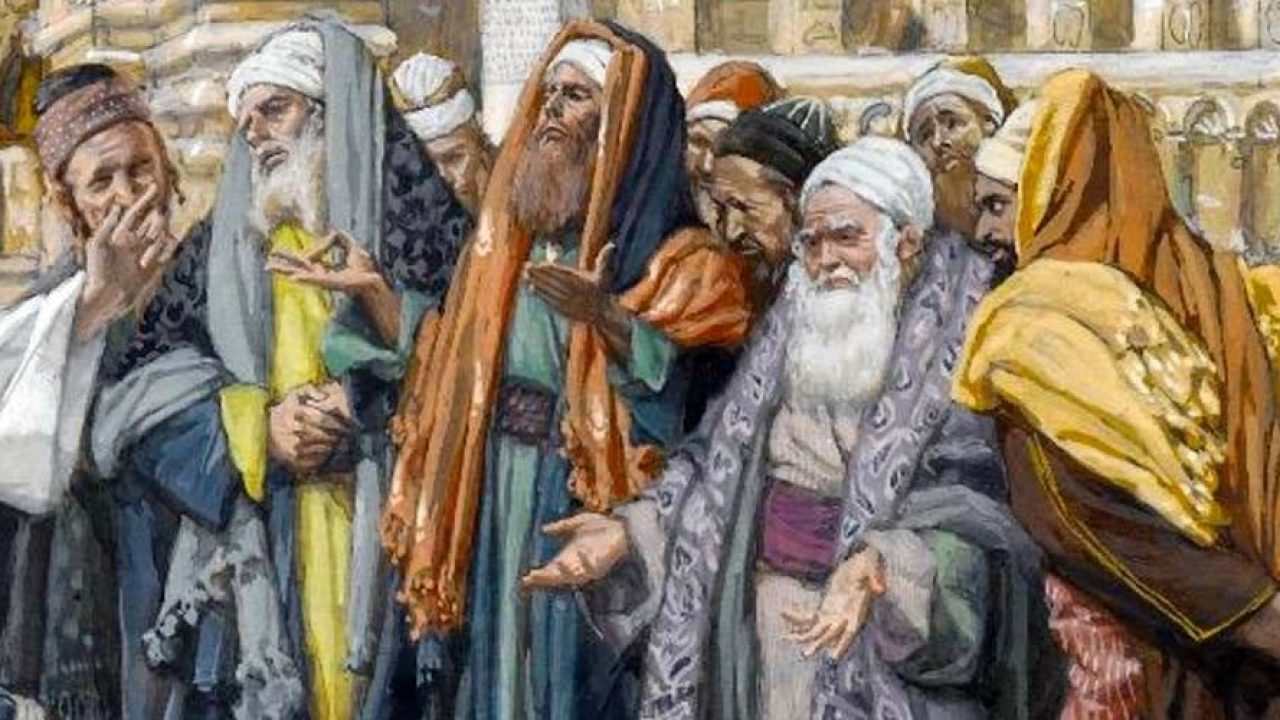

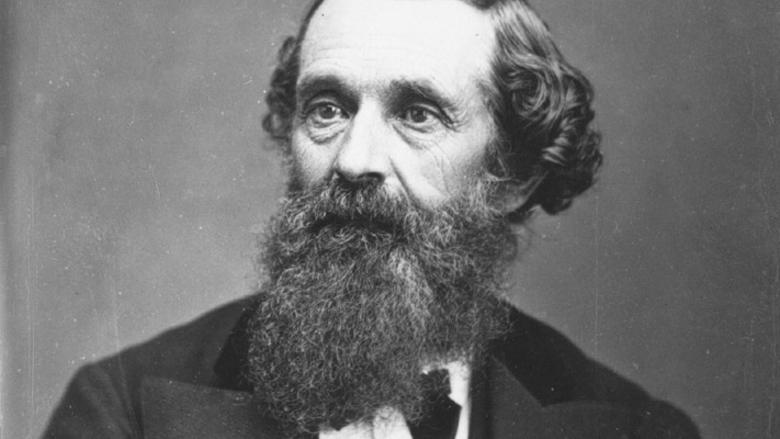
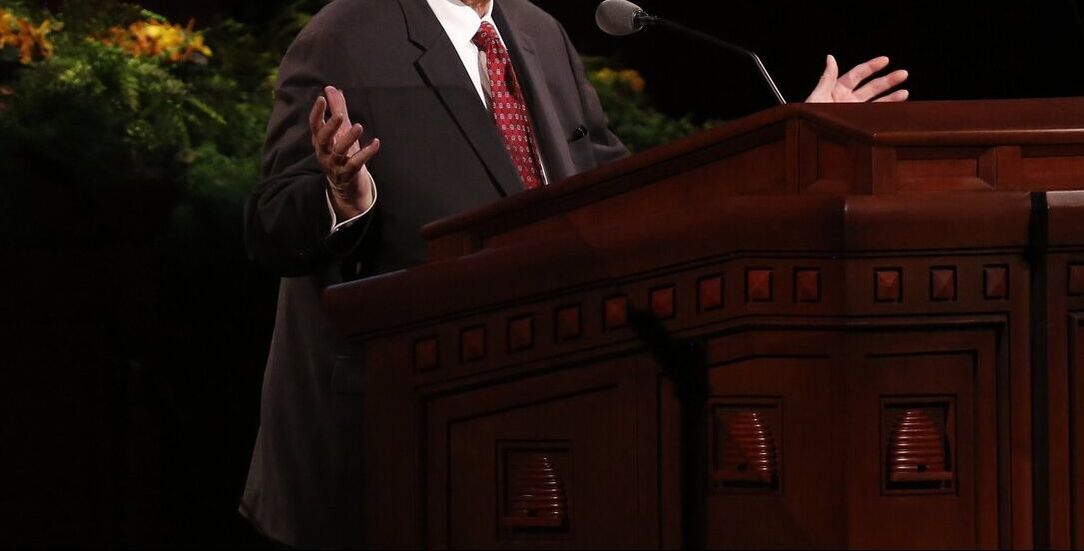


 RSS Feed
RSS Feed